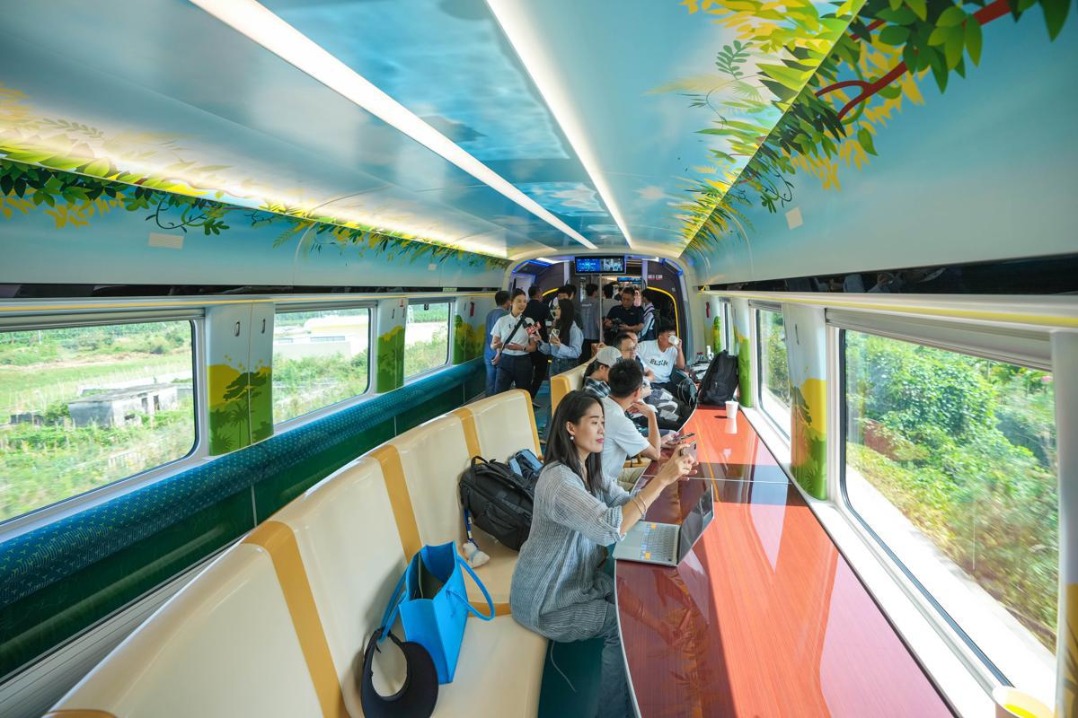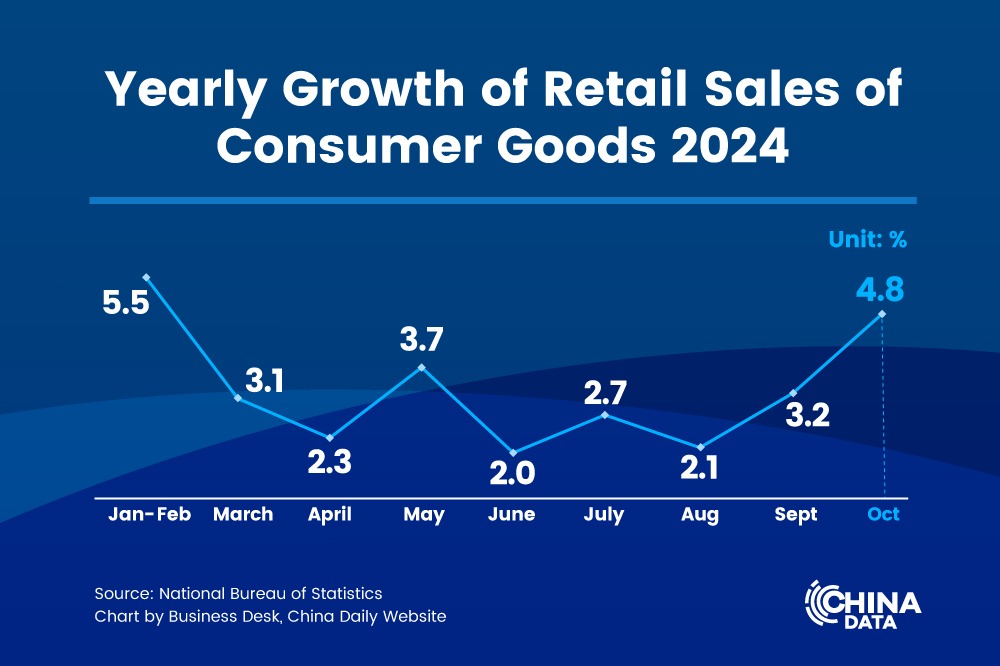Multilateral financial cooperation urged to drive growth

Multilateral financial cooperation is of greater importance now to address pressing challenges, such as climate change, and to drive growth amid the various complexities and uncertainties facing the global economy, said officials and industry experts.
During the second G20 Finance Ministers and Central Bank Governors Meeting held in April, ministers and governors supported reinforcing the financing capacity of multilateral development banks, and called for measures to maintain the stability of international capital flows and help fragile economies to recover.
Pan Gongsheng, governor of the People's Bank of China, the country's central bank, said at the April meeting that a more open and inclusive multilateral trading system will enable more stable capital flows to emerging and developing economies.
A communique released on Oct 24 during the fourth G20 Finance Ministers and Central Bank Governors Meeting said there are good prospects for a soft landing of the global economy, although multiple challenges remain.
Efforts should be made to foster strong, sustainable, balanced and inclusive growth, maintain price and financial stability, support fiscal sustainability and mitigate negative spillovers, the communique said.
It added that multilateral development banks should become "bigger, better and more effective", and should continue to focus on addressing the development needs of low- and middle-income countries.
Xuan Changneng, deputy governor of the PBOC, said at the October meeting that all parties should collaborate to push for International Monetary Fund quota reform and achieve quota share realignment as quickly as possible.
The IMF should faithfully support genuine multilateralism, call for the removal of barriers to the flows of trade, investment and technology, and prevent global economic fragmentation, he said.
The New Development Bank, founded in 2014 by Brazil, Russia, India, China and South Africa, which started operations in July 2015, is one example of forging closer ties and consolidating cooperation.
As the world's first multilateral development bank fully initiated by emerging economies and developing countries, the NDB will continue to include new members to strengthen cooperation among Global South nations, said Dilma Rousseff, the bank's president, in a September interview.
This is conducive to building an international financial structure characterized by multilateralism and multipolarization, she said.
Noting that developing countries have limited capacity to address climate change, Rousseff underscored the need to use more renewable energy sources to advance development.
Therefore, climate change mitigation is a focus area for the NDB from 2022 to 2026, and the majority 40 percent of the bank's $30 billion financing to be provided by 2026 has been reserved for green goals.
In 2021, the NDB expanded its membership to Bangladesh, the United Arab Emirates and Uruguay. Egypt became the fourth new member in 2023, further expanding the bank's global outreach.
"The partnership within the NDB does not sit on the development goals of respective members, but rather represents the vision of member countries and better connects them," Rousseff said, adding that the NDB welcomes other countries.
Partnership is key
At the 29th Asian EXIM Banks Forum Annual Meeting held in Shanghai in mid-November, Harsha Bangari, managing director of the Export-Import Bank of India, said that infrastructure construction, the transformation of traditional industries, the development of emerging sectors and sustainable development all point to the need for large financing.
Cooperation between financial institutions and multilateral development banks is crucial for achieving these goals, Bangari emphasized.
At the same meeting, Safdar Parvez, country director for China at the Asian Development Bank, said that world trade is currently confronting increasing fragmentation and protectionism on a global scale.
In light of the changing landscape in world trade and economic development patterns, cooperation is needed to address challenges such as climate change and to achieve resilient growth, he said.
Partnership is important for mobilizing resources to help the development of small and medium-sized enterprises, which usually face more difficulties in accessing trade finance, he said.
The ADB, which upholds the principle of supporting economic cooperation, economic corridor development and cross-border infrastructure, has written in its Strategy 2030 that 30 percent of its operations should contribute to regional cooperation and integration, Parvez added.
Likewise, the Asian Infrastructure Investment Bank has set the target of directing 25 percent to 30 percent of its financing to cross-border connectivity and regional cooperation by 2030.
Gregory Liu, director-general of the financial institutions and funds clients department, global, at the AIIB, said that as a younger organization compared with the World Bank and the ADB, the AIIB will learn from the successful experiences of established multilateral development banks and step up its efforts to further facilitate trade.




































